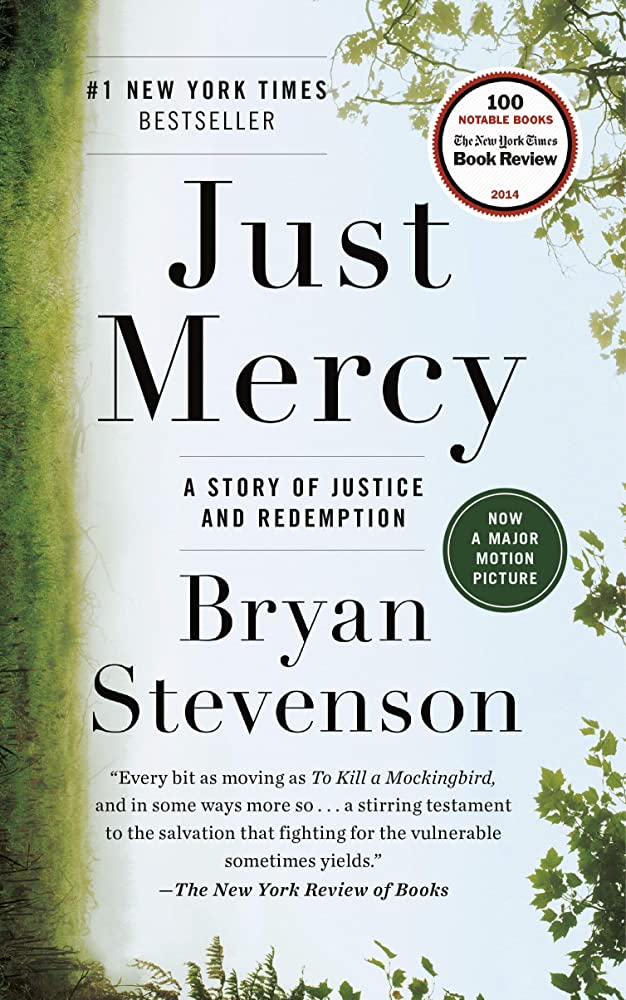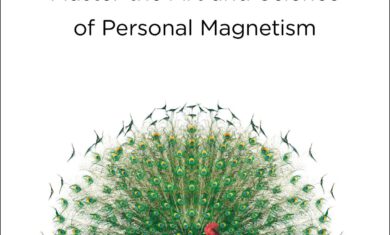Throughout any given day, you’ll have a great number of chances to help other people. Some of those people might be able to help you as well, but many can’t, and that’s where true character lies.
In the book “Just Mercy“, author Bryan Stevenson says it simply as:
“The true measure of our character is how we treat the poor, the disfavored, the accused, the incarcerated, and the condemned.”
I see a few places where this really shows up in our society.
Masks
As I shared a few years ago, those that were willing to wear masks during the height of the pandemic tended to be people of higher character, similar to those that put away their own shopping carts. Wearing a mask (or putting away your shopping cart) is an act that helps others more than it helps you.
Immigrants
I also see this in discussions about border control. While I don’t advocate for a wide open border (that’s a deeper discussion than this post allows for), I believe that those trying to cross into the United States are human beings. We can have great conversations about how the border should be secured and how the legal immigration process works, but I see many that love to use words like “illegals” to dehumanize those that come across in order to make their case.
Dehumanizing those people make it easier to hate them, which I guess is the goal of people that do that. Again, though, this is about doing the right thing for those that can’t help you, and remembering that those people are humans helps keep the situation framed in the right light.
As Bryan says, our treatment of the poor, disfavored, accused, incarcerated and condemned show who we really. How do you tend to treat folks like that?




